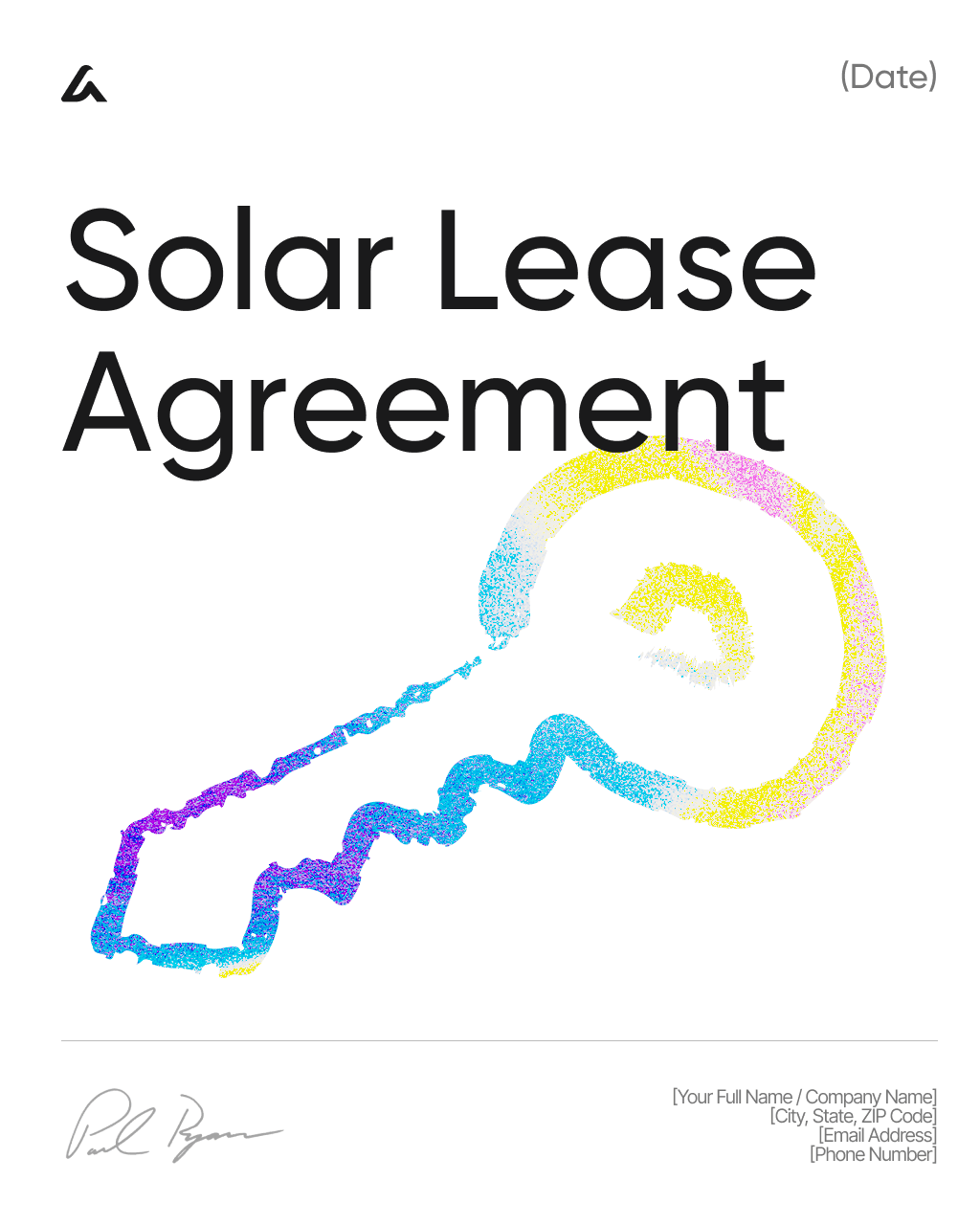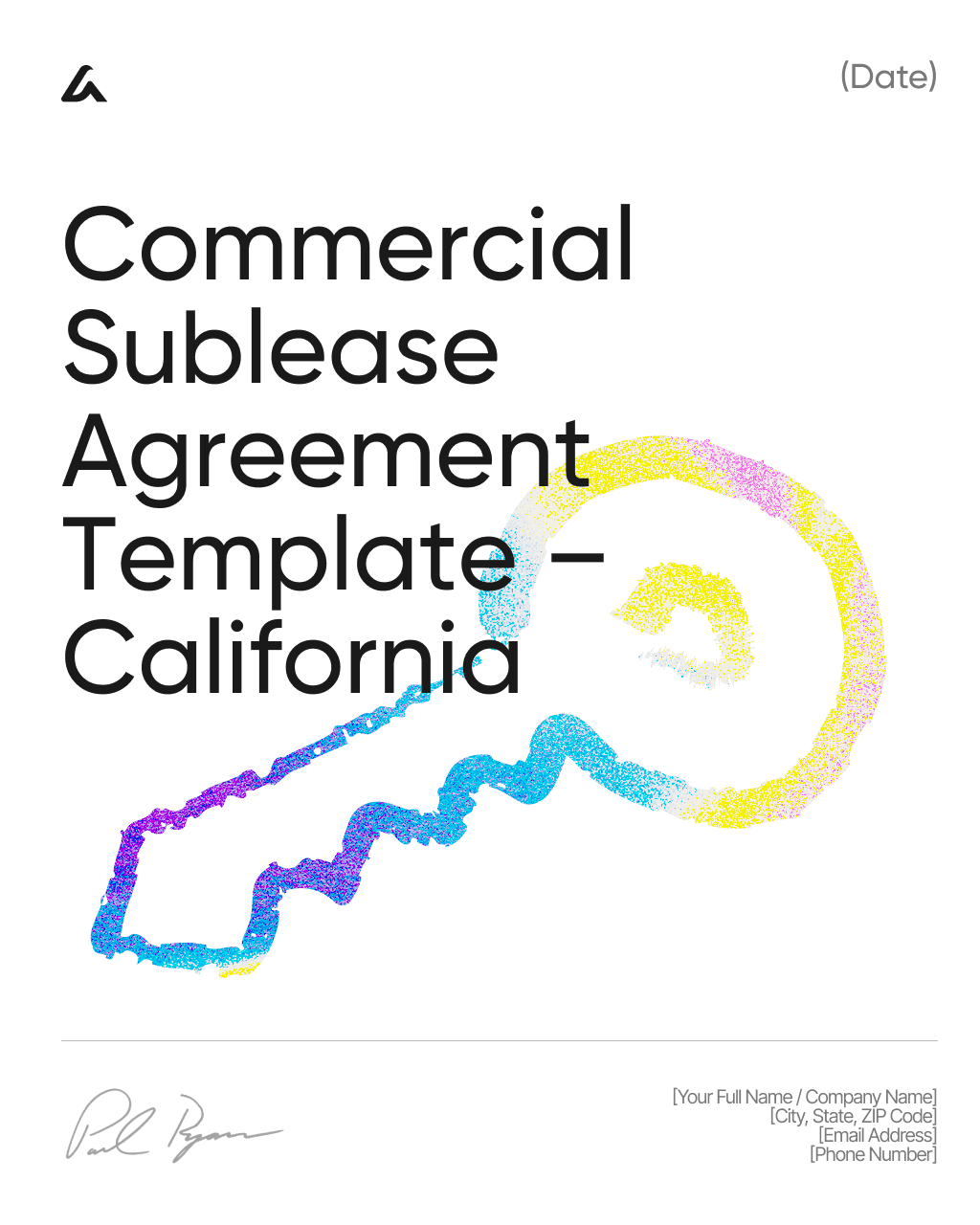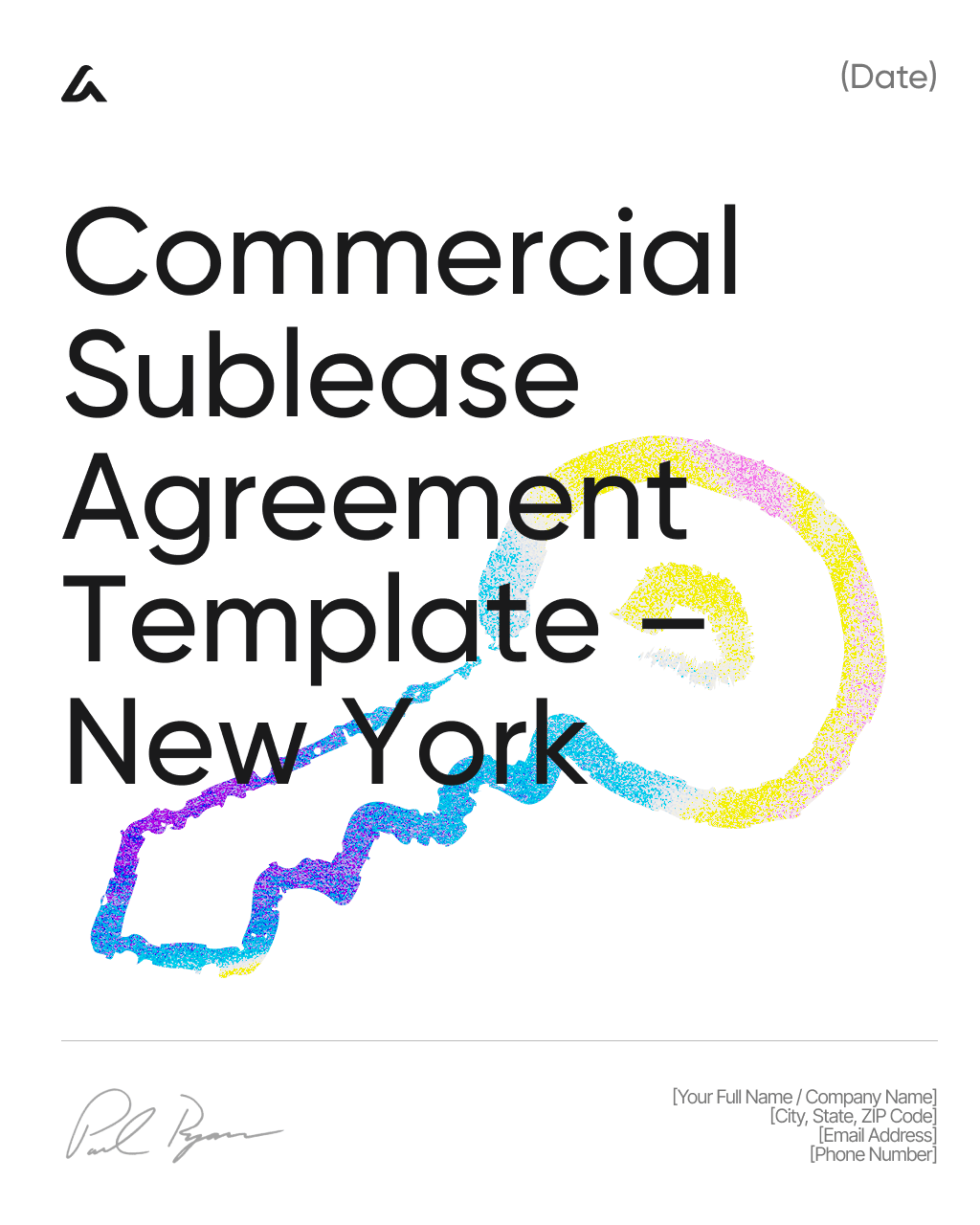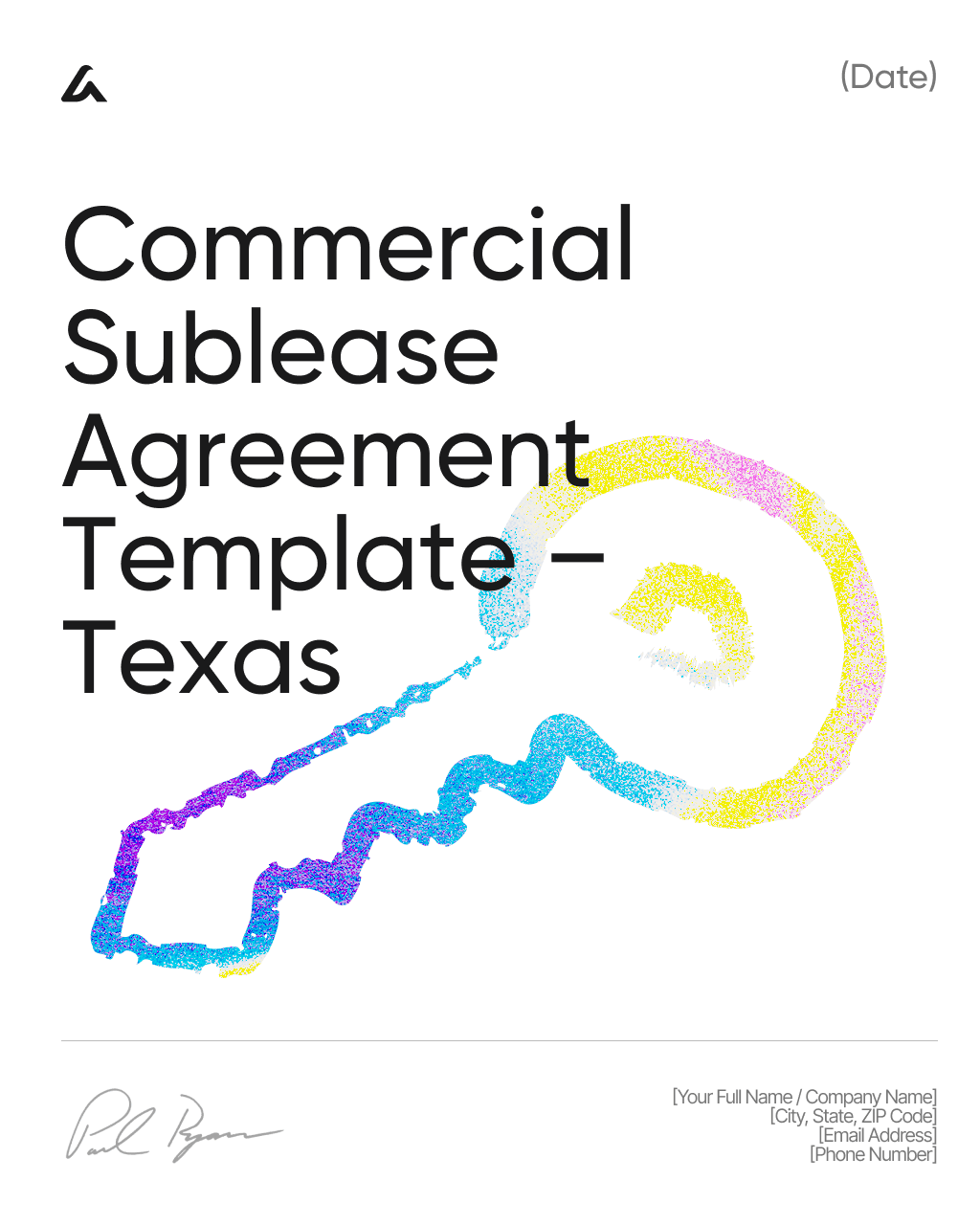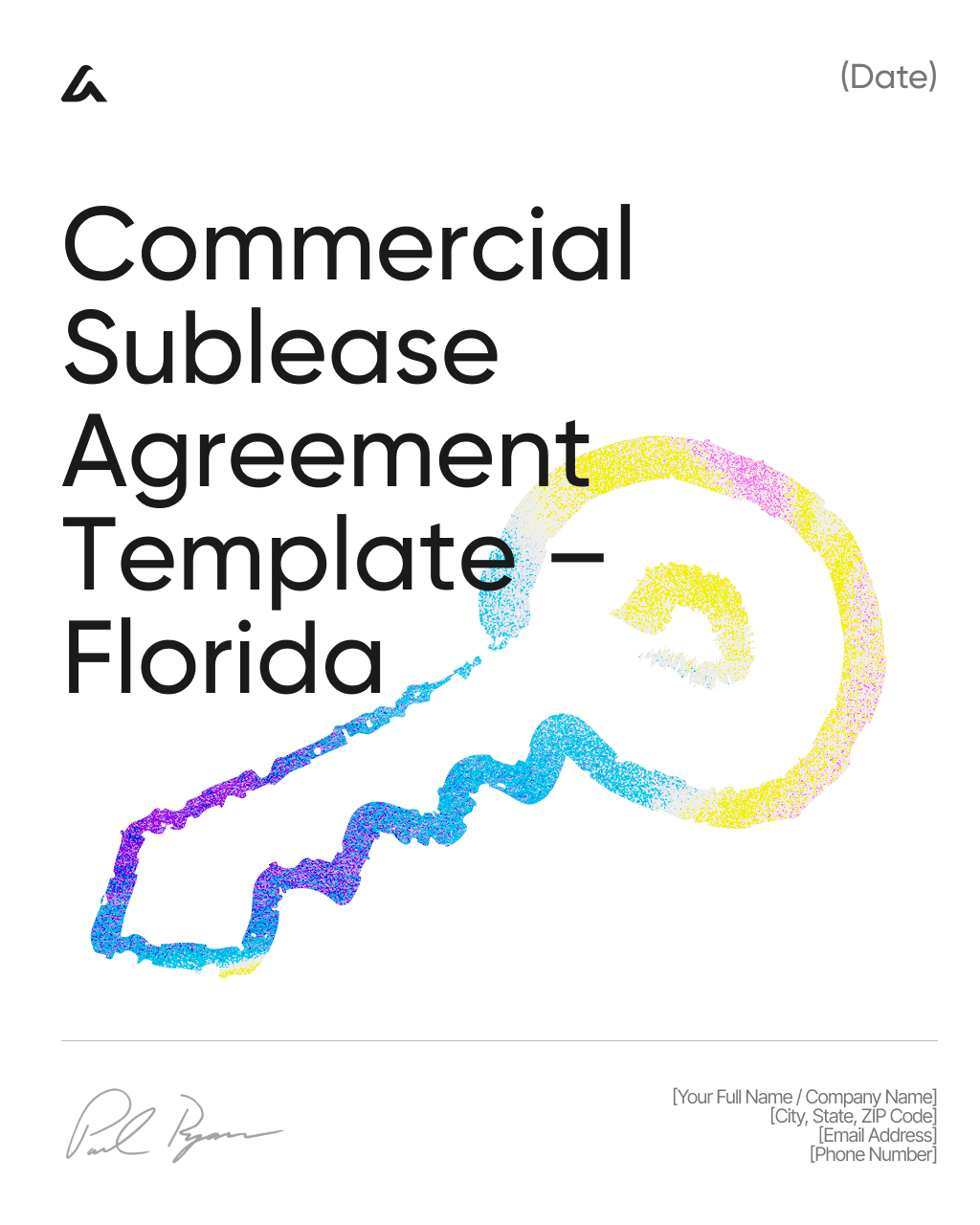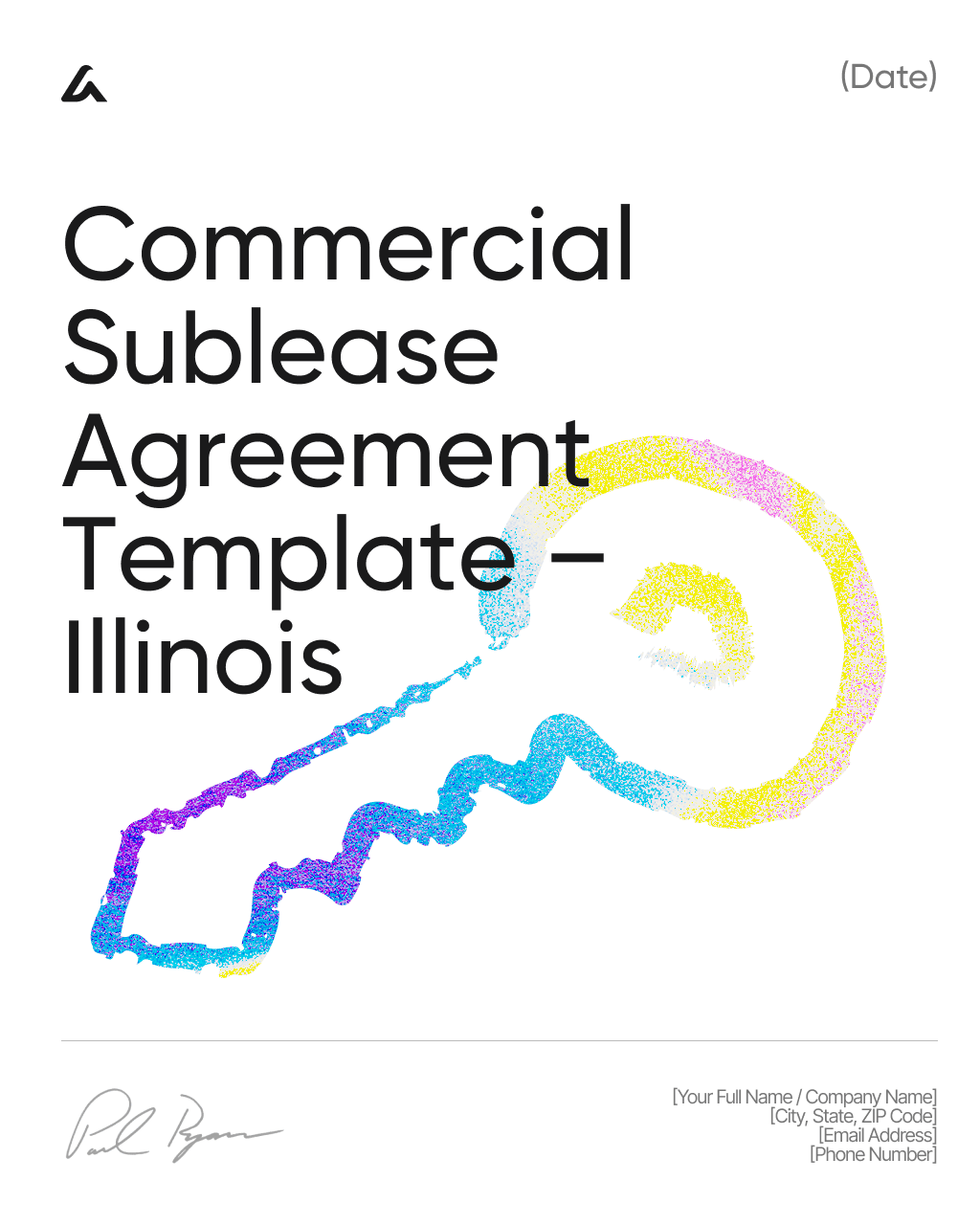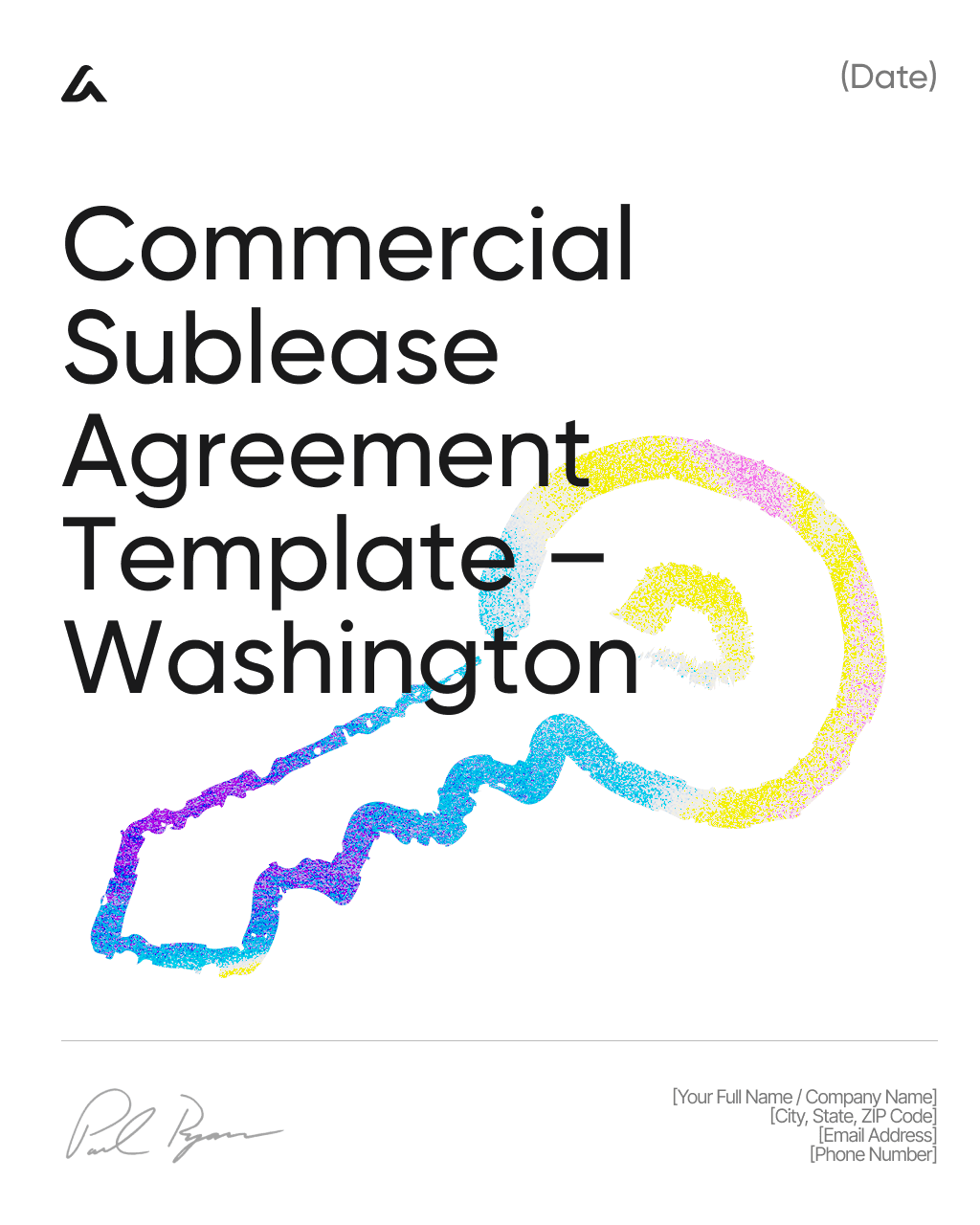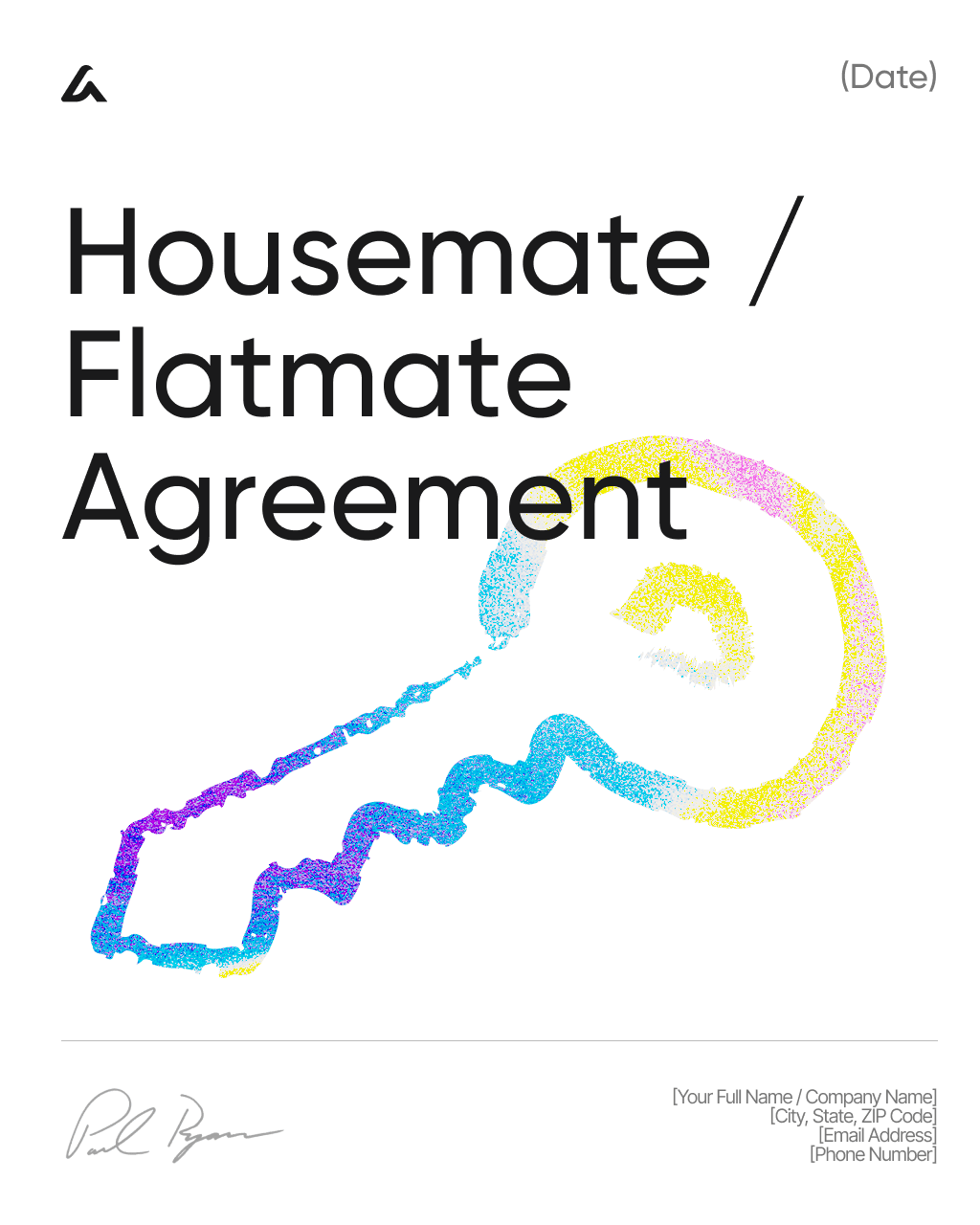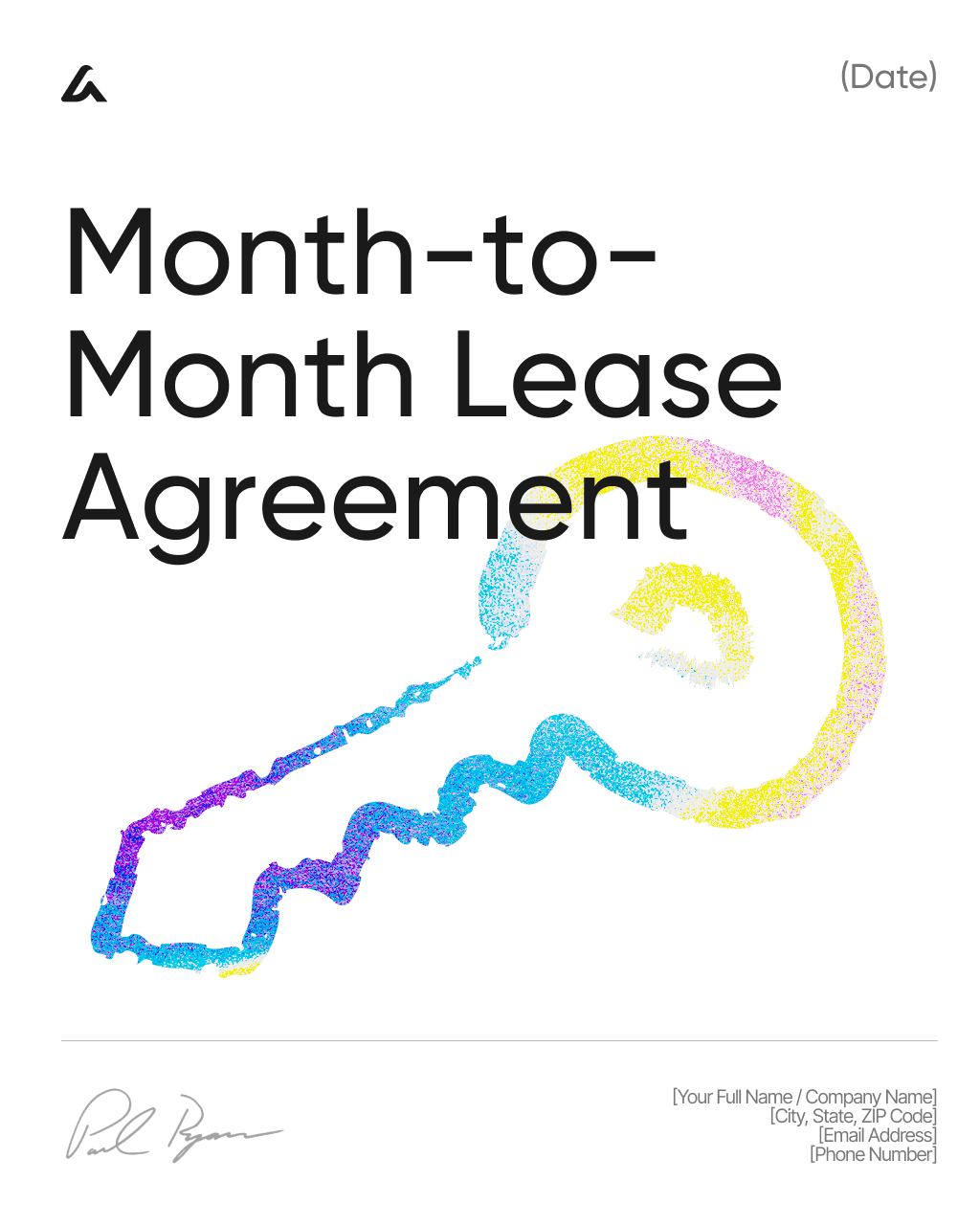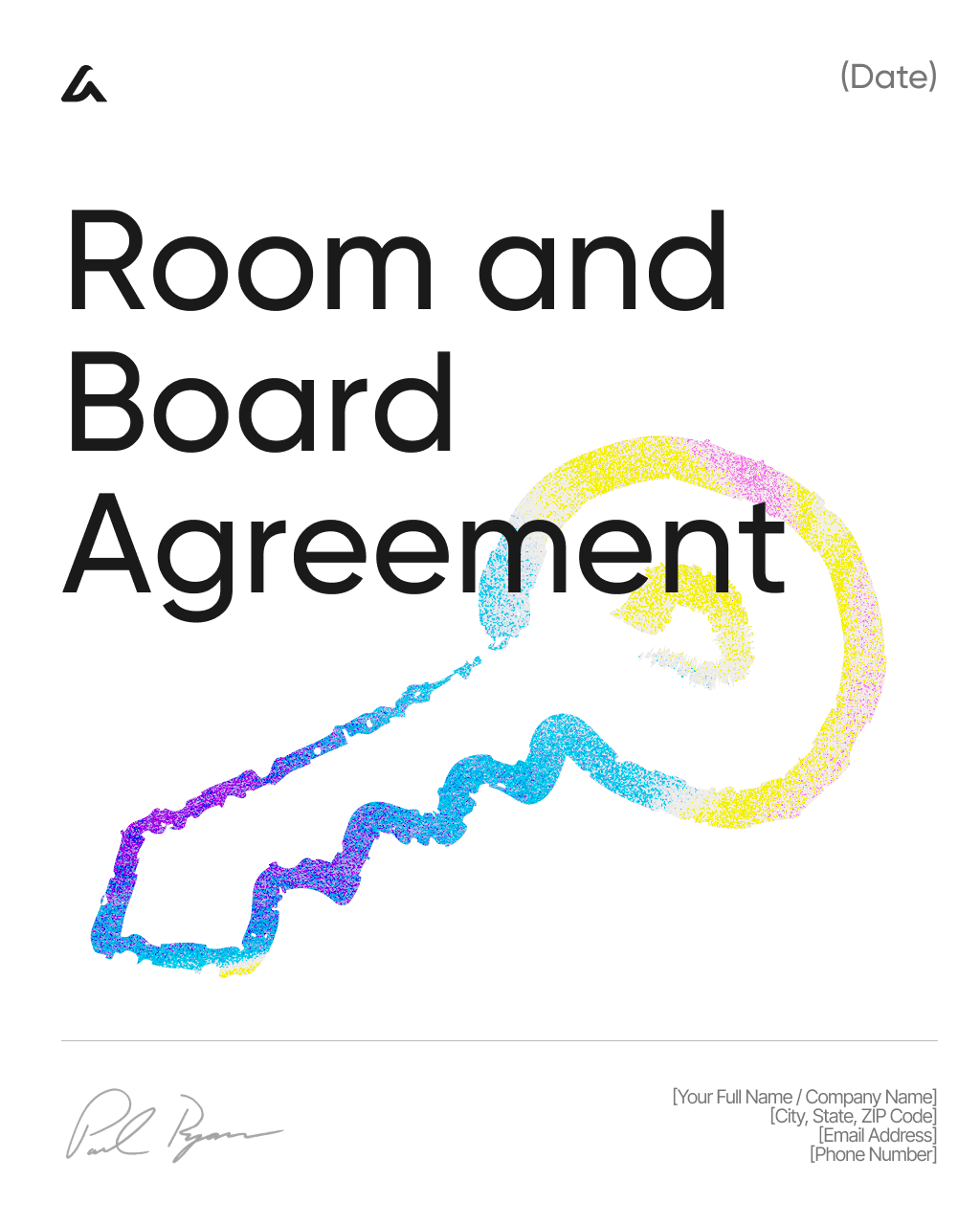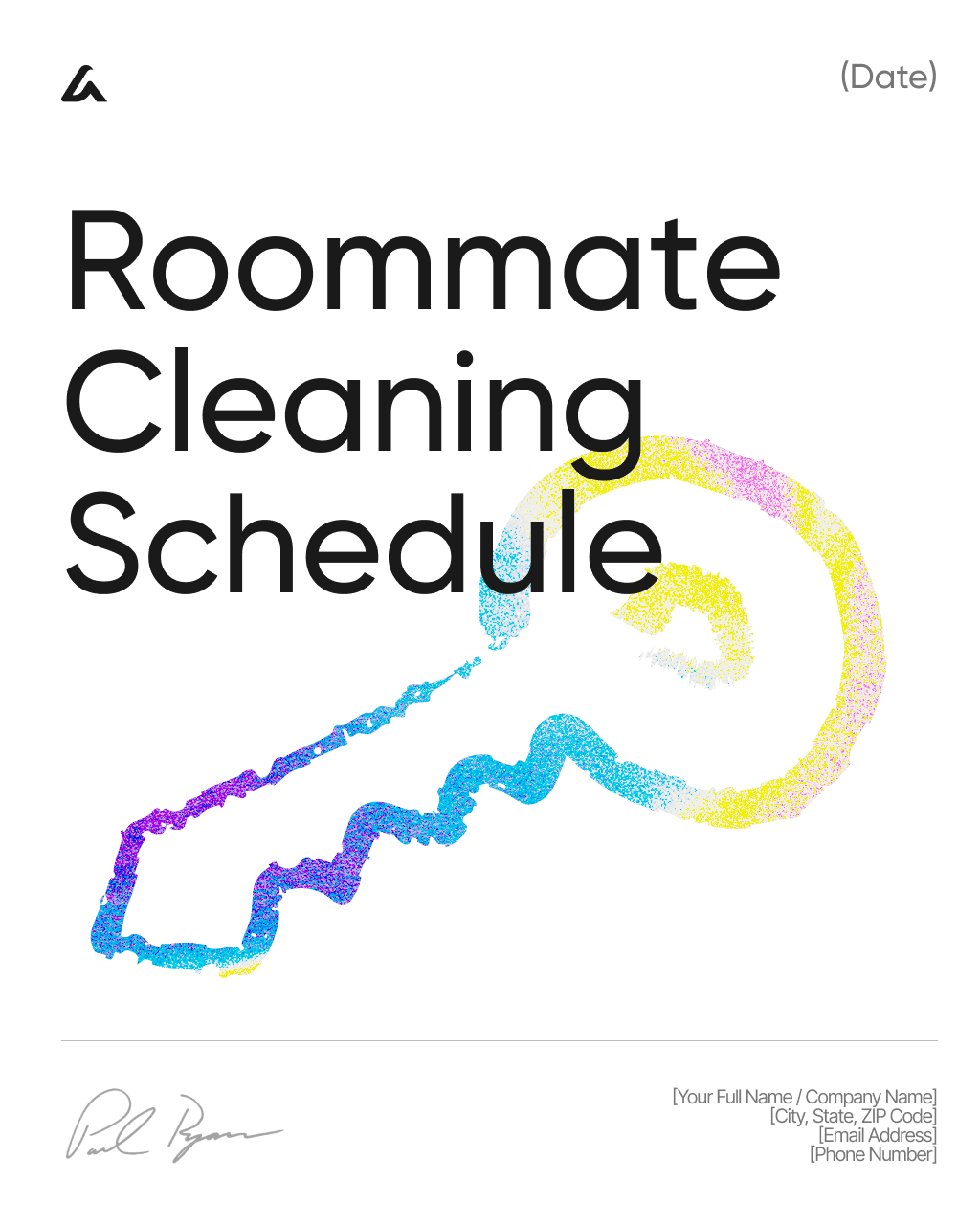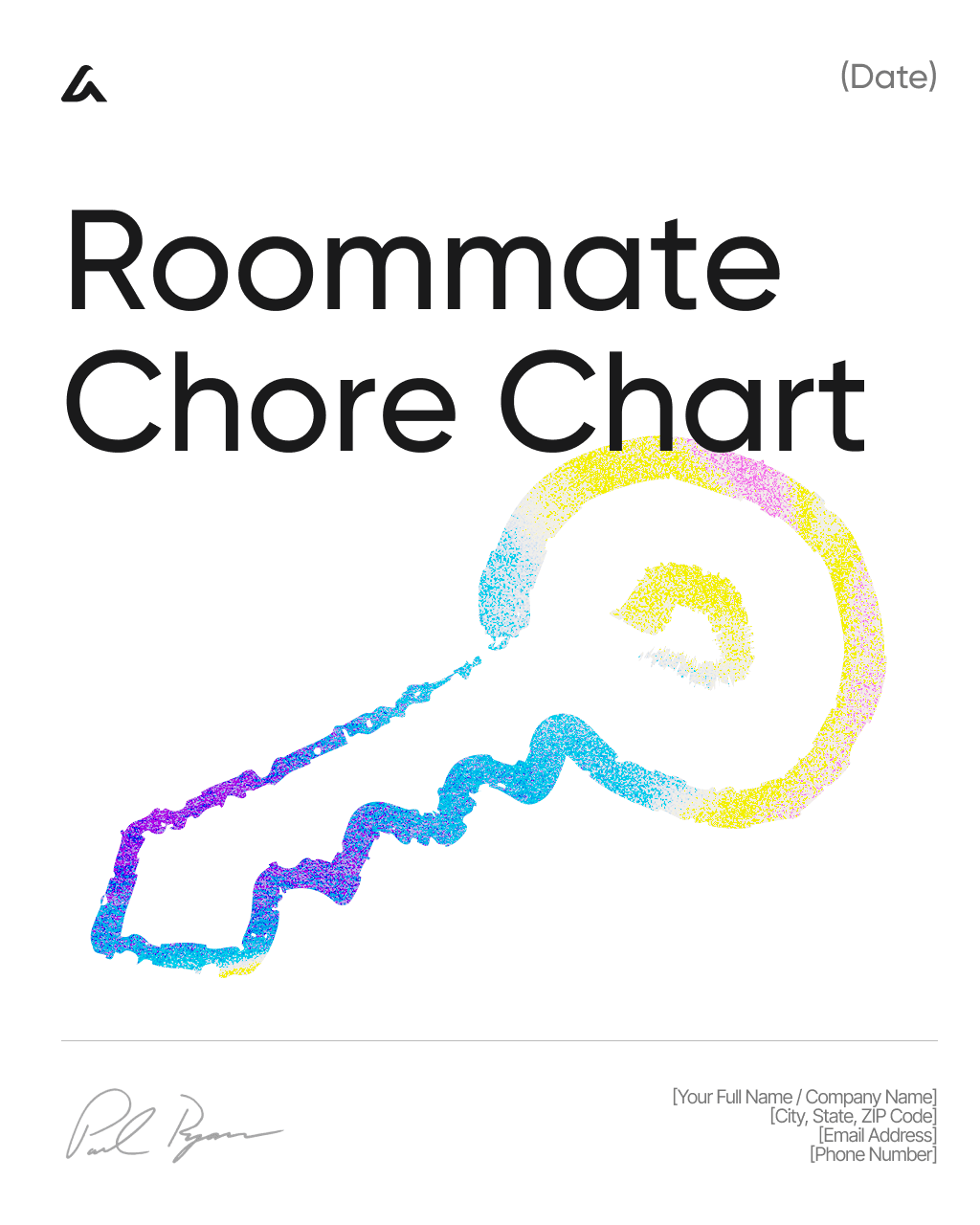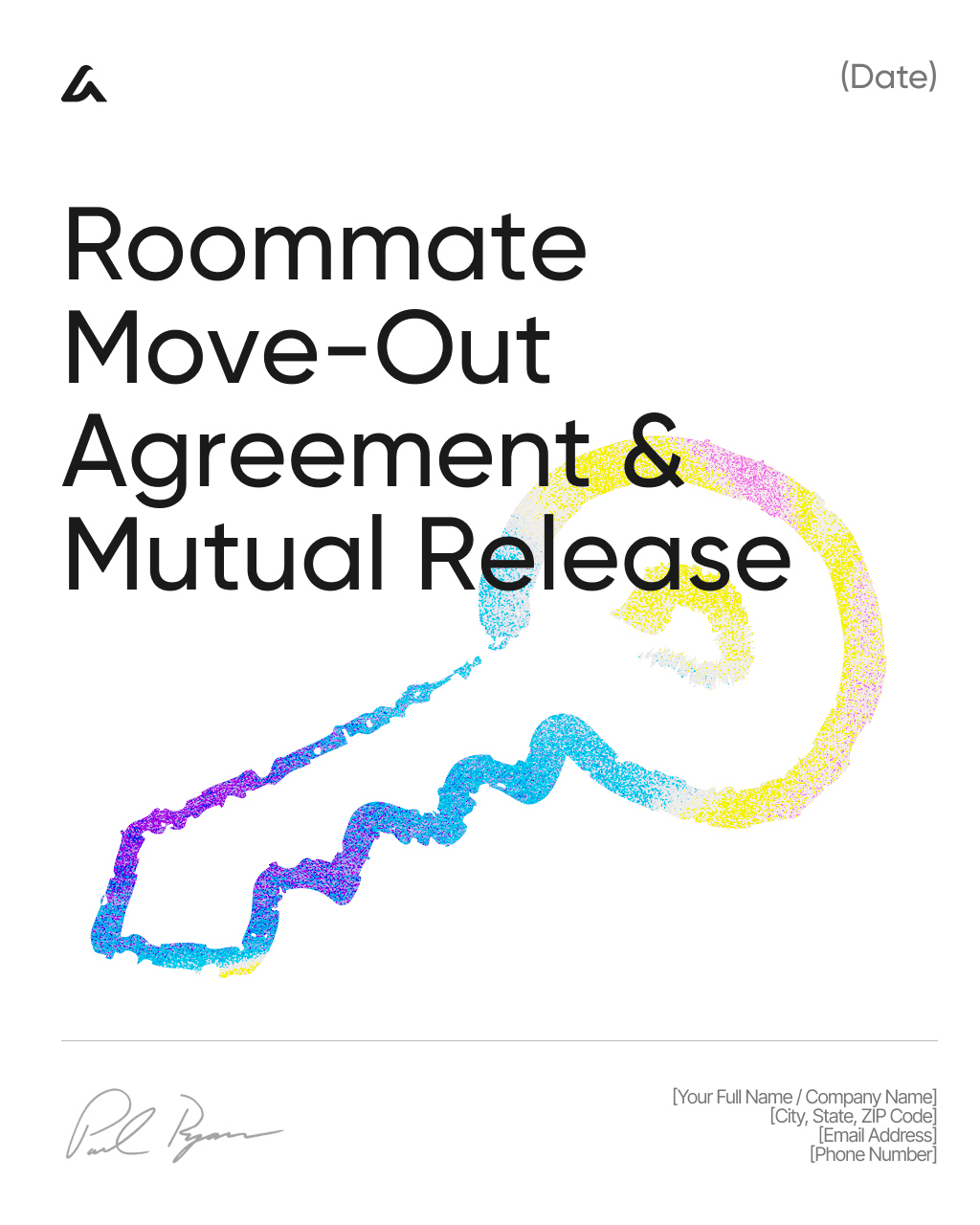Free template
Rent-to-Own Agreement Template: Payments & Option Washington
Download template
Rent-to-Own Agreement
This Rent-to-Own Agreement ("Agreement") is entered into on [Effective Date], by and between:
Seller/Landlord: [Full Legal Name], residing at [Address]
and
Buyer/Tenant: [Full Legal Name], residing at [Address]
Property Address: [Full Street Address, City, State, Zip]
1. Term; Option Framework
The Term commences on [Start Date] and ends on [End Date], unless terminated earlier as provided herein. If the Agreement is in good standing, Buyer/Tenant may purchase per the option terms below. A mid‑term credit reconciliation will occur on or about [Date].
2. Rent; Credits; Option Fee
Rent is $[Rent Amount], due each [Day]; $[Credit Amount] per month accrues as a conditional credit applied only at a successful closing. An option fee of $[Option Fee] is due at execution (☐ applied to price ☐ non‑refundable). Payments are made by [Method]; late fees after [Grace Period] days may apply where lawful.
3. Price; Exercise; Closing Target
Price is $[Price] or determined by [Formula/Appraisal]. Exercise by written notice no later than [Notice Deadline]; target closing date is [Closing Deadline]. All option timelines are of the essence.
4. Disclosures; Access; Inspections
Seller/Landlord shall provide available disclosures and allow reasonable access for inspections and appraisal within [Inspection Period] days. If material conditions exceeding $[Threshold] are discovered, Parties shall proceed per the remedy clause: [Repair/Credit/Termination]. Failure to agree within [X] days invokes the fallback stated herein.
5. Maintenance; Repairs; Alterations
Buyer/Tenant manages routine maintenance and minor repairs up to $[Minor Cap]; Seller/Landlord handles major systems/structure except where misuse applies. Alterations require written consent; permitted improvements may be removable if no damage occurs. All work must comply with code and be performed by qualified personnel.
6. Insurance; Taxes; Utilities
Unless otherwise agreed, Seller/Landlord maintains property insurance and taxes; Buyer/Tenant maintains renters liability insurance. Utilities and services are allocated as follows: [Allocation]. If applicable, HOA rules must be observed.
7. Financing; Closing Cooperation
Buyer/Tenant is responsible for financing; Seller/Landlord will cooperate with lender requests and appraisals. At closing, credits and option fee apply; title transfers by [Deed Type]. Closing costs allocation: Buyer/Tenant [List]; Seller/Landlord [List].
8. Default; Remedies; Mitigation
Non‑payment, lack of insurance, or material breach is a default. Buyer/Tenant default may result in termination and retention of non‑refundable consideration where lawful; Seller/Landlord default enables Buyer/Tenant to pursue lawful remedies including credit preservation. Both Parties agree to mitigate damages where feasible.
9. Early Exit; Assignment; Surrender
Assignment or subletting requires written consent; early exit for hardship may be negotiated in good faith. Upon surrender, return all keys and devices, and settle utilities. Any escrow balance is reconciled within [Days].
10. Governing Law; Entire Agreement; Notices
This Agreement is governed by [State] law; it constitutes the entire understanding between the Parties. Modifications must be written; notices are delivered per Section [Notices]. Severability and non‑waiver remain in force.
IN WITNESS WHEREOF, the Parties have executed this Agreement as of the date first written above.
Seller/Landlord:
[Printed Name]
Signature: ______________________________
Date: ______________________________
Buyer/Tenant:
[Printed Name]
Signature: ______________________________
Date: ______________________________
Flash deal
Flash deal
Today
Today
No time to fill it up? Generate your custom agreement with AI Lawyer in seconds
What’s Included
Legal Research
Legal Research
Legal Research
Contract Drafting
Contract Drafting
Contract Drafting
Document Review
Document Review
Document Review
Risk Analytics
Risk Analytics
Risk Analytics
Citation Verification
Citation Verification
Citation Verification
Easy-to-understand jargon
Easy-to-understand jargon
Easy-to-understand jargon
Details
Learn more about
Rent-to-Own Agreement Template: Payments & Option Washington
Click below for detailed info on the template.
For quick answers, scroll below to see the FAQ.
Click below for detailed info on the template.
For quick answers, scroll below to see the FAQ.
Washington Rent-to-Own Agreement FAQ
What is a Rent-to-Own Agreement?
A Rent-to-Own Agreement (also called a Lease-to-Own or Lease-Option Agreement) is a contract that allows a tenant to rent a property with the option or obligation to buy it later.
Part of each rent payment may go toward the future purchase price, helping the tenant build equity over time.
The agreement outlines key terms such as the purchase price, option fee, rental period, and maintenance responsibilities.
It benefits tenants who want to become homeowners but need time to improve their credit or save for a down payment, while giving landlords a potential sale at a later date.
When to use a Rent-to-Own Agreement?
A Rent-to-Own Agreement should be used when both the landlord and tenant are interested in a future property sale but aren’t ready to complete the purchase immediately. It’s ideal for tenants who plan to buy but need time to save for a down payment, improve credit, or secure financing, and for landlords who want steady rental income while keeping a potential sale on the table.
This type of agreement is also useful when the housing market is uncertain — it locks in a potential purchase price and terms in advance, protecting both parties from future fluctuations.
What should be included in a Rent-to-Own Agreement?
A Rent-to-Own Agreement should clearly define all terms related to both the rental and the future purchase.
It’s essential to include all details that protect both the tenant-buyer and the landlord-seller.
A complete Rent-to-Own Agreement typically includes:
Property details: Full address and description of the property.
Rental terms: Monthly rent amount, payment dates, and lease duration.
Option to purchase: Whether the tenant has the right or obligation to buy the property.
Purchase price: Either a fixed amount or a formula for determining it later.
Option fee or deposit: Any upfront payment that applies toward the purchase price.
Rent credit: Portion of rent payments that will be credited toward the purchase.
Maintenance responsibilities: Which party is responsible for repairs and upkeep.
Default and termination clauses: What happens if either party fails to meet the terms.
Signatures: Both parties must sign to make the agreement legally binding.
Having all these elements in writing helps prevent misunderstandings and ensures that both parties understand their financial and legal commitments.
Can a Rent-to-Own Agreement be changed after signing?
Yes, a Rent-to-Own Agreement can be changed after signing, but only if both parties agree in writing.
Any modification — such as adjusting the purchase price, rent amount, or option period — must be documented through a formal amendment signed by both the tenant-buyer and the landlord-seller.
Verbal agreements or informal changes have no legal effect and can create disputes later.To avoid confusion, both parties should keep copies of all signed amendments along with the original agreement.
What is an option fee in a Rent-to-Own Agreement?
An option fee in a Rent-to-Own Agreement is an upfront, non-refundable payment made by the tenant to the landlord in exchange for the exclusive right to purchase the property at the end of the lease term. This fee is typically between 1% and 5% of the property’s purchase price and demonstrates the tenant’s intent and commitment to buy.
If the tenant proceeds with the purchase, the option fee is usually credited toward the final purchase price.
However, if the tenant chooses not to buy or breaches the agreement, the landlord keeps the option fee as compensation for taking the property off the market during the rental period.
Similar templates
Other templates from
Lease Agreement
Money back guarantee
Free trial
Cancel anytime
AI Lawyer protects
your rights and wallet
Money back guarantee
Free trial
Cancel anytime
AI Lawyer protects
your rights and wallet
Money back guarantee
Free trial
Cancel anytime
AI Lawyer protects
your rights and wallet
Money back guarantee
Free trial
Cancel anytime





















































































































